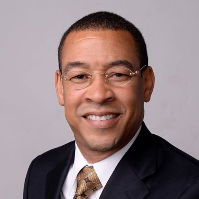Hope Hull RICO Act Lawyer, Alabama
Sponsored Law Firm
-
 x
x

Click For More Info:
-
The Law Offices of Richard L. Cooper, P.A.
848 Brickell Avenue Suite 800 Miami, FL 33131» view mapDWI/DUI, Drug Trafficking, Felony Nationally Ranked Top 40 Under 40
With Richard L. Cooper you can expect a trusted confidant who will work diligently to fully understand your case and determine a road map to help you regain control of your life.
800-756-2781
Not enough matches for Hope Hull RICO Act lawyer.
Below are all Hope Hull Criminal lawyers.
Robert D. Segall
Mass Torts, Arbitration, Criminal, Bad Faith Insurance, Administrative Law
Status: In Good Standing
FREE CONSULTATION
CONTACTFREE CONSULTATION
CONTACTRobert M. Beno
Divorce & Family Law, Accident & Injury, Criminal, DUI-DWI
Status: In Good Standing Licensed: 49 Years
Peter A. Bush
Family Law, Divorce, Criminal, Personal Injury
Status: In Good Standing Licensed: 30 Years
FREE CONSULTATION
CONTACTThomas Michael Mccarthy
Premises Liability, Employment Discrimination, Criminal, Insurance
Status: In Good Standing Licensed: 19 Years

 Richard L. Cooper Miami, FL
Richard L. Cooper Miami, FL AboutMiami Attorney at Law
AboutMiami Attorney at Law ServicesCriminal Defense
ServicesCriminal Defense

